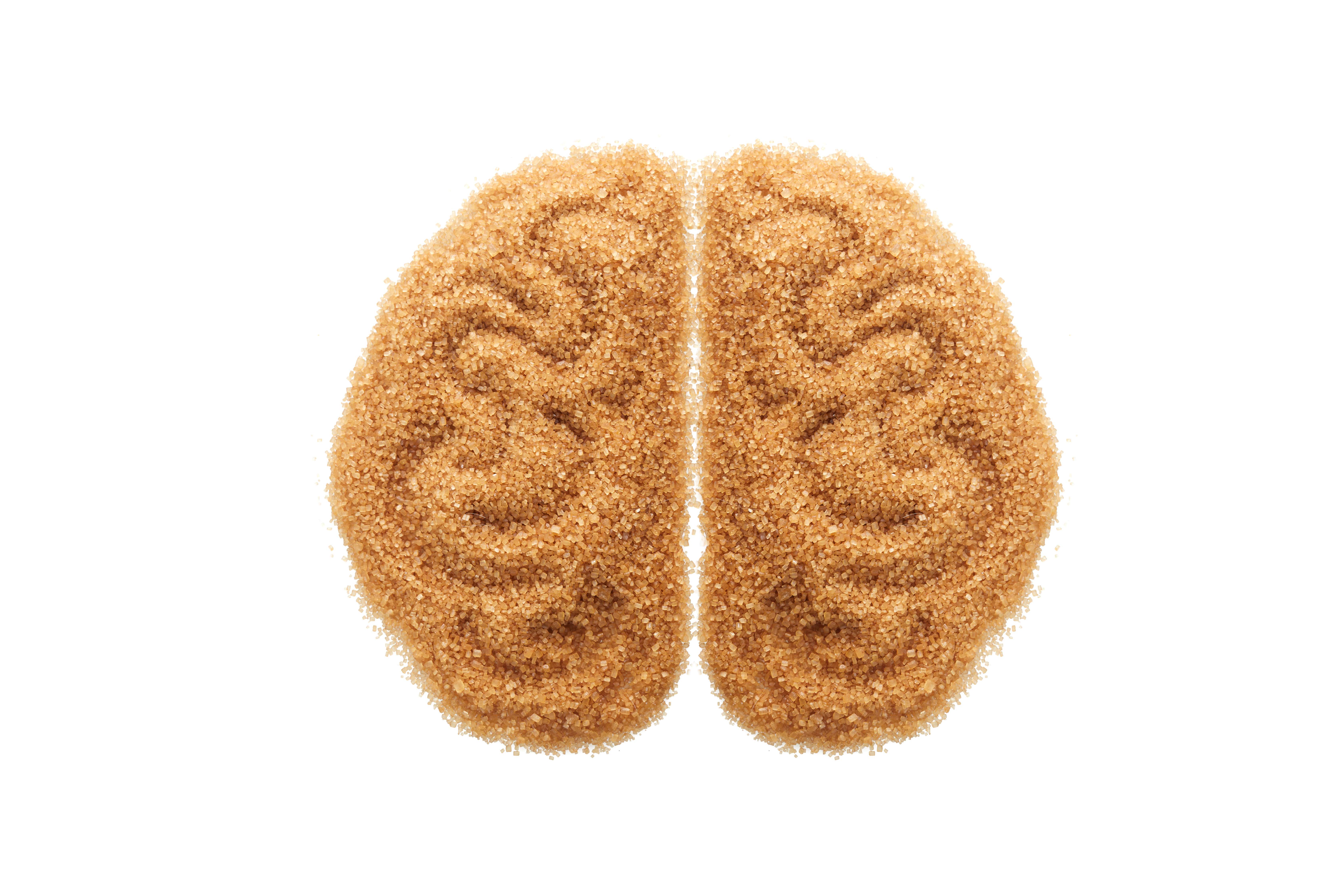White Sugar/ refined Carbs For Alzheimer's/ dementia/ memory Loss
by Melrose GardensINTRODUCTION: Nutritional considerations for assisted living facilities and memory care centers.
Alzheimer’s disease is the most well-known type of dementia and results in the gradual loss of neurons (synapses) and neurotransmitters (the interconnections between those synapses). This causes intellectual decrease which deteriorates over a long period. Learning and memory are influenced by the infection as an early indication, with long-term memories being influenced as the illness advances.
Eating white sugar and refined carbs such as white flour could be a cause of Alzheimer’s. That may come as unwelcome news if you've got a sweet tooth. Fortunately, changing what we eat can further develop your brain’s wellbeing. As of late, research has been seeing what glucose means for our brain’s wellbeing and shows that individuals with high glucose levels have higher rates of Alzheimer's sickness. Age and hereditary qualities are hazard factors for dementia that we can’t control.We can change our eating regimen to build energy temporarily, and mental wellbeing in the long run.

CAN CONSUMING SUGAR ACTIVATE SYMPTOMS OF DEMENTIA?
An investigation that was published in the New England Journal of Medicine tracked down that even without a previous diagnosis of diabetes, sugar and dementia are still directly associated, and that a higher than average glucose level can increase the risk of contracting dementia.
Sugar and Alzheimer's can go inseparably. Consequently, not having diabetes doesn't shield you from developing dementia while consuming an expanded number of white sugars and refined carbohydrates. Accordingly, screening the measure of sugar you are eating every day, particularly for those who have had a set of experiences in their hereditary group of dementia, or have battled with eating/medical issues identified with sugar before, including sugar cravings, which can prompt hypertension and an unusual glucose level.
HOW SUGAR IS LINKED WITH ALZHEIMER’S?
Many factors influence the development of Alzheimer's however two factors are most common. One is high blood glucose level and the other is elevated levels of insulin. Highly abnormal levels of glucose result in the production of advanced glycation end-products (AGEs). AGEs cause oxidative damages in the tissues of the brain, increase inflammation, and destroy the blood vessels in the brain.
A high level of sugar in the blood promotes insulin production which is further degraded by the insulin-degrading enzyme (IDE). One of the worst aspects of IDE is that it destroys the amyloid in the brain which is a synchronizing feature of Alzheimer’s disease.
Being a neuroprotective agent, insulin plays an important role in the survival of neurons but this protective function is not working in residents with insulin resistance. Insulin resistance is also linked with the destruction of neurons in the brain along with contributing to type-2 diabetes mellitus.
WHY IS ALZHEIMER’S CALLED TYPE-3 DIABETES?
Alzheimer’s is also referred to as type-3 diabetes due to its linkage with high blood sugar and insulin resistance. According to a research study published in the Journals of Diabetology:
“People with an elevated blood sugar are more prone to the cognitive deficit than those with normal levels of blood sugar”
HOW ELEVATED BLOOD SUGAR LEVELS CAN DAMAGE THE BRAIN?
Sugar creates a dangerous cycle of insulin resistance. High blood sugar prompts the release of high insulin. Over time, cells become resistant to insulin. This resistance increases the blood glucose levels resulting in the production of more insulin. In this way, a vicious cycle develops which on one hand damages the brain cells due to end products of glycations and on the other hand damages the amyloid cells due to high levels of insulin-degrading enzymes. Sugar drowns the brain in a way that extreme insulin resistance prevents the use of glucose by the brain. Brain cells starve and die while being surrounded by a high level of glucose which they can’t utilize for energy production. High blood sugar causes inflammation which also damages the neurons. High blood sugar can also increase the chances of stroke due to insulin resistance and its impact on the blood vessels and blood flow.

HOW TO REDUCE WHITE SUGARS AND REFINED CARBS IN DIET?
- Don’t add extra sugars to your diet
- Avoid energy drinks, soda, and hot chocolate drinks
- Always read the label while buying processed foods
- Try fruits instead of white sugar
We here at Melrose Gardens assisted living facility take nutritional care for our residents very seriously. At Melrose Gardens we will tailor not only a specific dietary regimen for your needs, but an entire environment to address all needs and concerns you may have. Contact us here at Melrose Gardens assisted living facility los Angeles to set up a tour at your earliest convenience.
REFERENCES:
[1] https://homecareassistance.com/blog/sugar-dementia-damage-brain-health
[2] https://www.diabetes.co.uk/in-depth/link-between-sugar-and-alzheimers/
[4] https://myallamericancare.com/blog/2020/08/22/dementia-and-sugar-cravings/
Please Contact Us
960 North Martel Ave. Los Angeles, CA 90046
